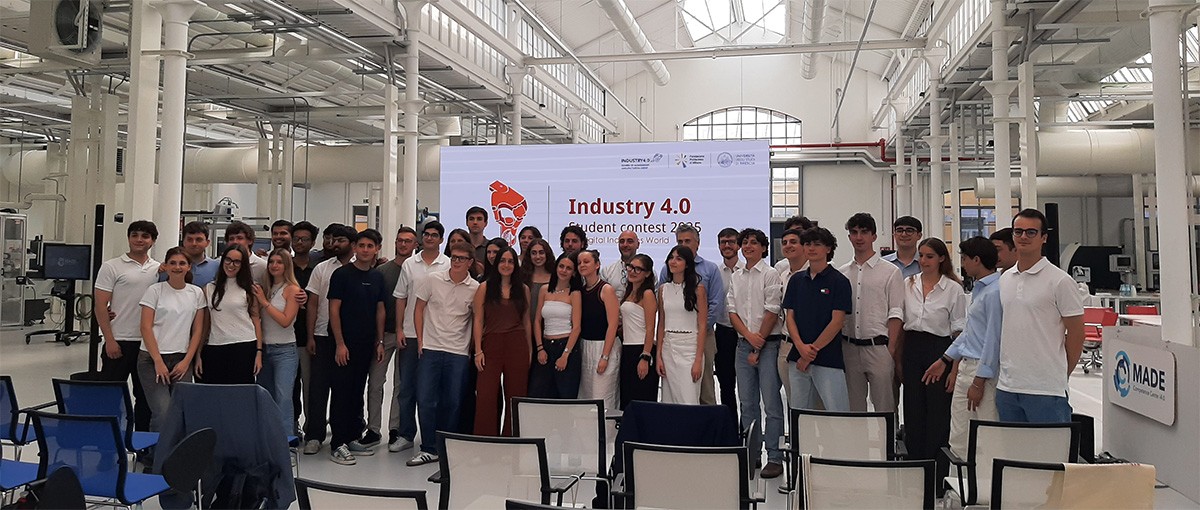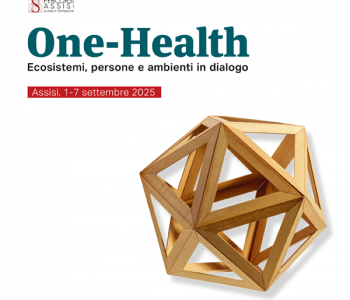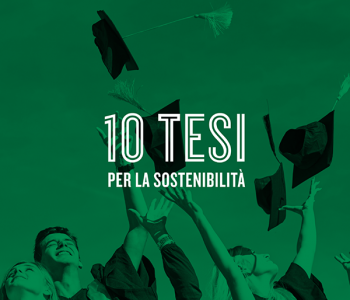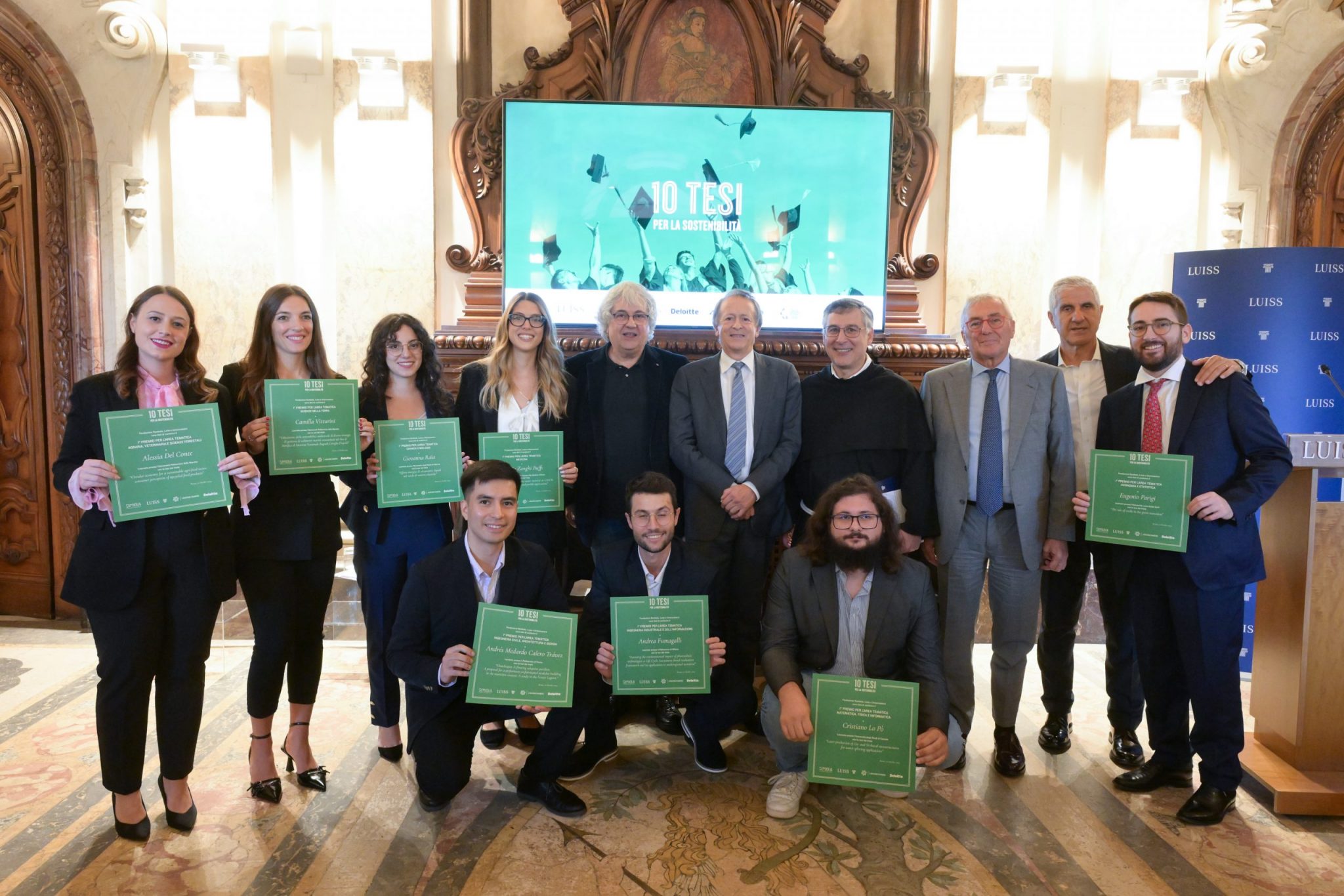
Ideas for a new industry: the Industry 4.0 Student…

The award ceremony for the fourth edition of the Industry 4.0 Student Contest, promoted by Digital Industries World, was met with much satisfaction, toasts and customary photos.
The competition saw students compete with innovative projects and creative solutions over a period of about six months, reaching its conclusion on Friday 27 June.
The final event was held at the MADE Competence Center I4.0, a national reference point for the digital transformation of the manufacturing industry.
The contest was conceived by Digital Industries World, a global ecosystem of multidisciplinary companies and institutions committed to the digital transformation of the manufacturing industry. This year, it was organised in collaboration with the Department of Management Engineering at Politecnico di Milano, the Politecnico di Milano Foundation, the University of Bergamo, the University of Brescia, and LIUC – the Catholic University of Castellanza (VA).
The competition aims to train tomorrow’s Industry 4.0 and IoT engineers, beginning with training on current market trends. Alongside a university course, Digital Industries World and the partners of the initiative believe it is important to give the next generation the chance to work in real teams developing innovative business solutions and promoting the sustainable growth of companies.
Ten projects were presented, divided into two areas of intervention: Human-centred production and smart production. The titles of the participating projects are as follows: CobotCare, Digital Twin Bio-Aware AR+, FRED, Humetrix, Logistics Optimisation with AI and Blockchain, MILO (Manufacturing Intelligence and Learning Operator), Mood-Aware Factory, SmartFault, SmartFlow, and Smart Slicing 4.0.
The ranking was drawn up by a jury of professionals and experts, composed of the initiative’s partners and delegates from companies associated with the Digital Industries World network. The overall winner prize was awarded to the Smart Slicing 4.0 project by the D-Task team, comprising students Andrea Messina, Davide Marcandelli, Kevin Pezzotta, Simone Morotti and Tecla Pennisi. The project focuses on adapting existing production lines for meat cutting using IoT and advanced computing to enable accurate slicing based on weight. The idea is to integrate real-time weighing in order to minimise alterations to declared values, reduce waste caused by incorrect cuts and cut down on rework resulting from cuts exceeding tolerance thresholds.
All participants in the ten projects will receive an Amazon voucher and will soon have the opportunity to visit the MFL Group plant in Molteno, Lecco.
“Now in its fourth edition, the contest is a regular event for Politecnico di Milano students who want to test themselves by developing innovative ideas based on advanced technologies, such as those of Industry 4.0,” said Adalberto Polenghi, a researcher at the university and the contest’s scientific director. Students can thus enrich the skills they have acquired during their engineering studies with practical experience, giving rise to concrete and original projects. The aim is to stimulate technical creativity and contribute to training future leaders in the industrial world who are ready to drive innovation in Italian and international companies.’
Registration for the 2026 contest will open soon, and the fifth edition promises to be even more popular.
For more information: Digital Industries World – Global Human Network


















